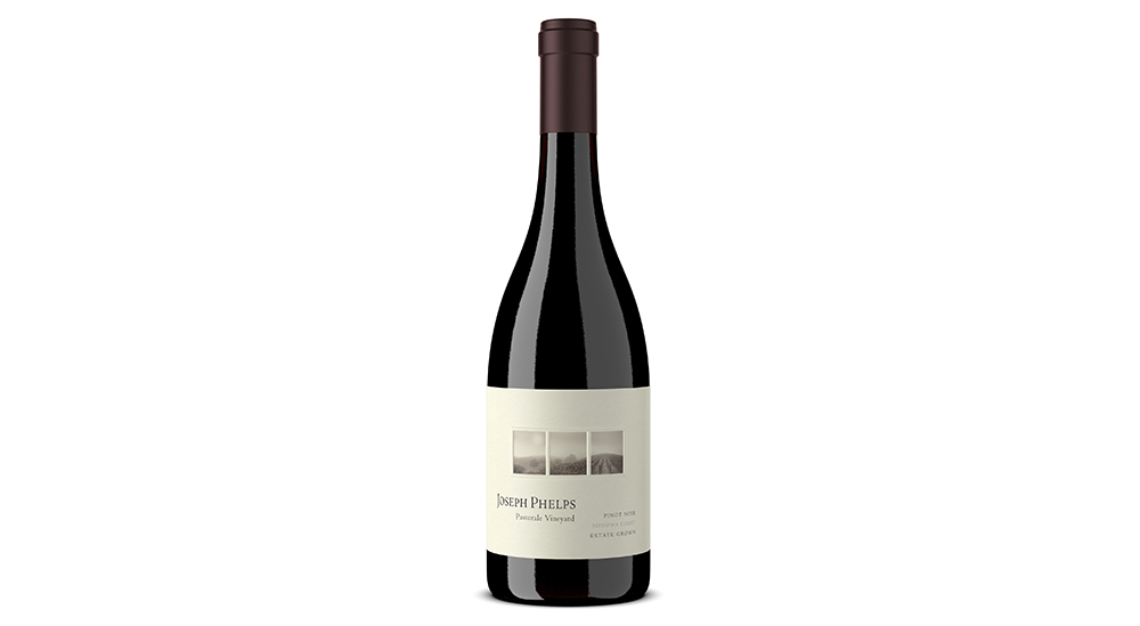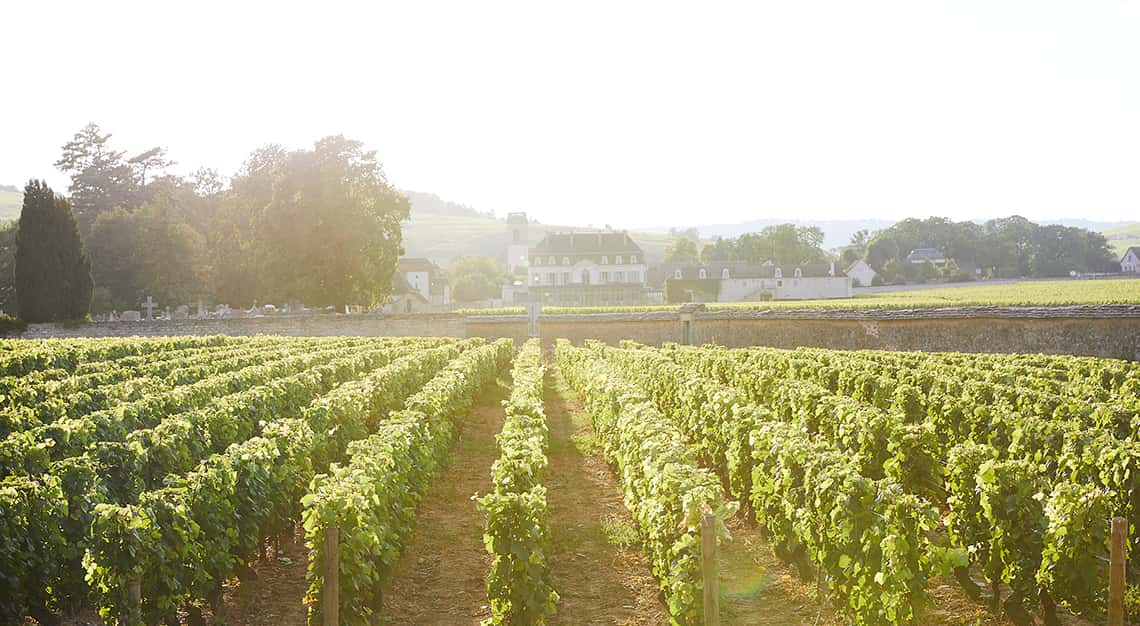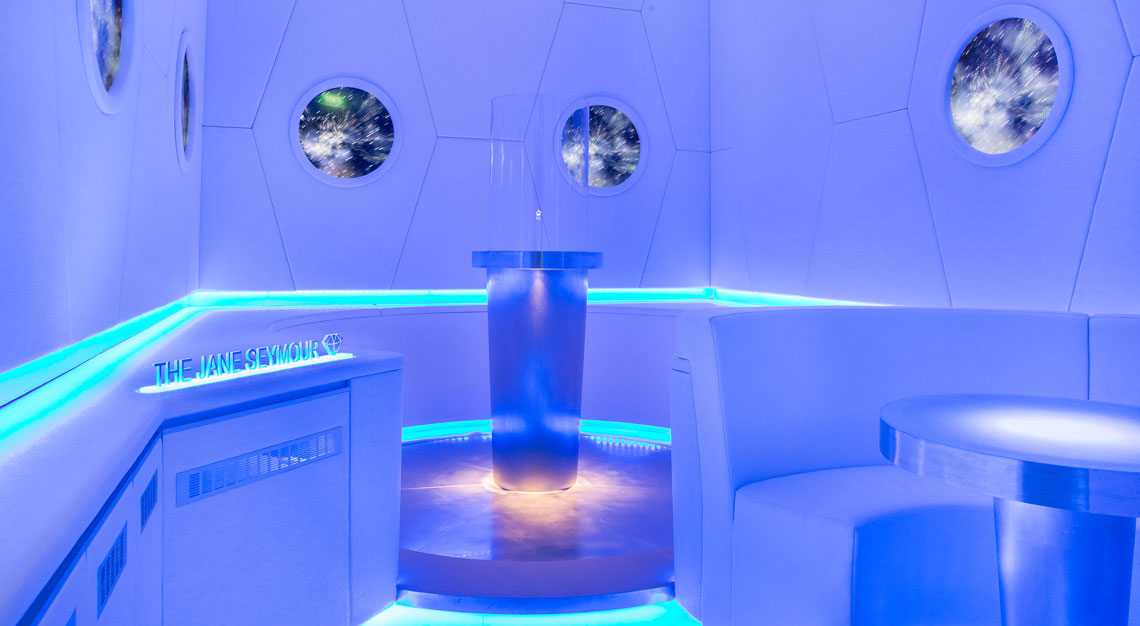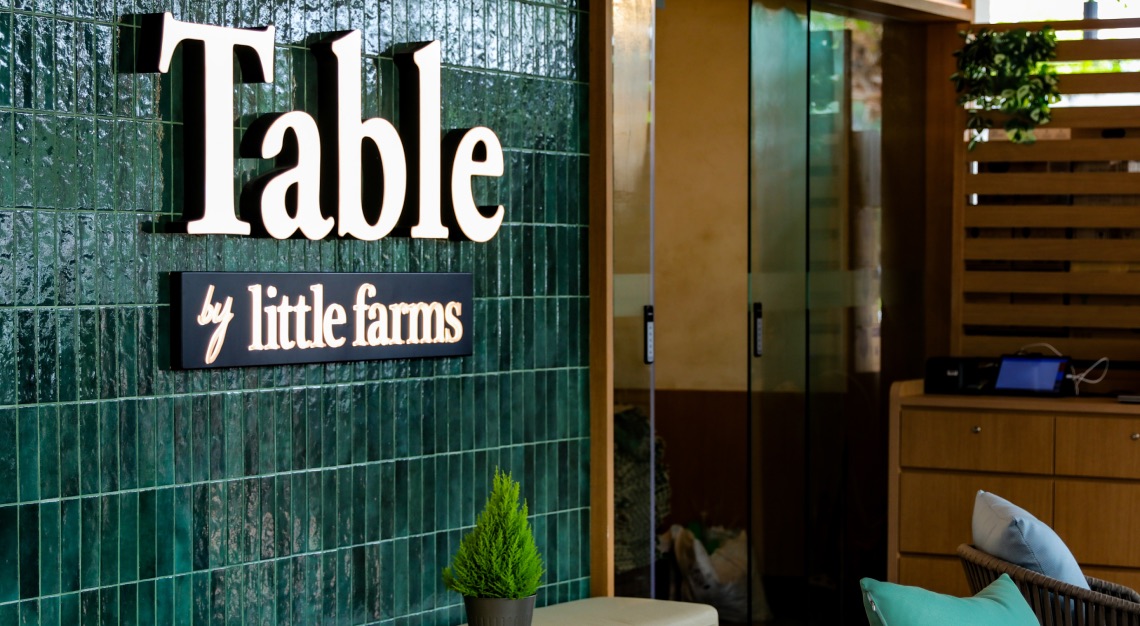Joseph Phelps has honed in on two extraordinary blocks for this pair of wines
Check the meaning of the word “proem” in Merriam-Webster, and you’ll find “preliminary comment” – a preface or a prelude. Joseph Phelps Vineyards expands that, poetically, into “a preamble to a story.” It would seem that the story they have to tell with their newest wines is of the ever-increasing potential of their Freestone Estate in far-west Sonoma, and they’ve bottled the preamble in the form of two remarkable new Pinot Noirs off the property: Proem No. 1 and Proem No. 2 – wines that offer vivid expressions of exceptional, small blocks in two of the estate’s vineyards.
The story isn’t unique. As a skilled winemaker learns more and more about his or her vineyards through relentless roving, adjusting and tasting, certain sites begin to stand out. For Joseph Phelps winemaker, Justin Ennis, an aha moment came in 2014, when one block (212) in the estate’s Pastoral Vineyard over-performed and “begged” to be made separately, for its rich textures, depth and concentration. In 2018, a block (225) in Quarter Moon Vineyard excelled as well, and the two together that year had a special story to tell.
With these first Proem bottlings (US$459/S$619 for the set), Phelps is not only honing in on two high-performing sites, but also on two clones that Ennis is especially partial to. As he puts it, about the Swan clone from Pastoral Vineyard’s Block 212, “In really great growing years, Swan is one of my favourite clones to work with – intriguing, as it’s very floral and has delicate aromas on the nose but has a powerful, complex flavour profile on the palate.” In Quarter Moon’s Block 225, Calera is the standout clone, producing “well-structured wines with firm tannins and a complexity and refinement that I love,” says Ennis.
The qualities the winemaker saw in these blocks warranted special treatment in 2018, to amplify their unique expressions of place – specifically, some whole-cluster fermentation, which involves a percentage of stems going into the tanks with the berries. Ennis explains why: “I like the overall structure with whole-cluster. In my opinion, using whole-cluster is a great way to bring extra depth, spice and savoury characteristics to the wines. It will also help the wine age for a longer period of time.” Along with the partial whole-cluster fermentation, he gave them a little more time in barrel and bottle. “The Proem wines are concentrated, layered, expressive,” he says. “Giving them a little extra time on oak and then in the bottle before releasing allows each wine time to evolve.” (He believes they’ll continue to evolve beautifully for 10 to 15 years in the cellar.)

The label makes quite a claim for the Joseph Phelps 2018 Proem No. 1 Freestone Estate Sonoma Coast – it’s from Jupiter. (“No, really.”) But that would be Block 225 in the estate’s Quarter Moon Vineyard, where each block is named for a planet. At first whiff, earth clings to cherry and berry fruit, echoed in savoury forest notes, a touch of bay laurel, and hints of black tea. On the palate, a core of beautiful fruit – black cherry edged with red berry, even cranberry – is pulled in a savoury direction with herbal notes, and a texture of pure silk belies power and complexity.
Proem No. 2 isn’t from quite as far away as No. 1: just “from beyond the old oak,” according to the label – specifically, Block 212 in the Pastorale Vineyard. Richness and depth show on the nose – dark cherry with hints of bright strawberry melding with toasted spice and touches of pine, fragrant herbs, sandalwood incense and rose petals. Velvety and dense, the palate unfolds with layers of sour plum and cherry and hints of cinnamon over a vein of minerality, with impressive structure – a balance of acidity and tannin – carrying a long finish.
The Phelps family were early believers in the far-west reaches of the Sonoma Coast, when they bought property in Freestone in 1999. Now, the wine-loving world has come around to seeing the potential of cool sites in general – and in very cool West Sonoma in particular – for some of California’s most exciting Pinot Noirs. And with these two, Phelps is delving even deeper into that potential. “We are focused on singular site and clone exploration with these Proem wines,” Ennis says. “I’m really excited to explore this deeply within each block. The wines are fascinating and still evolving.”
This was first published on Robb Report USA






